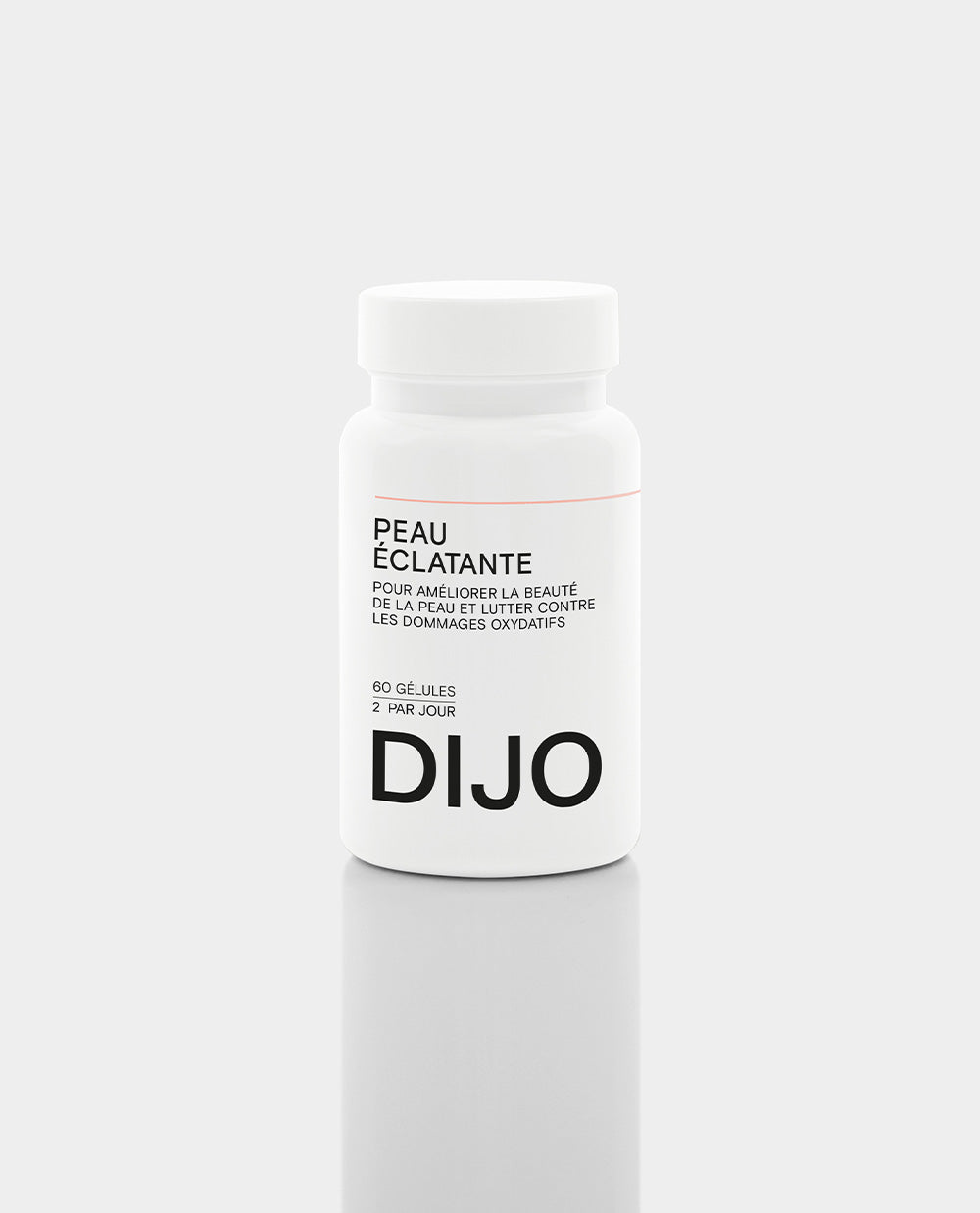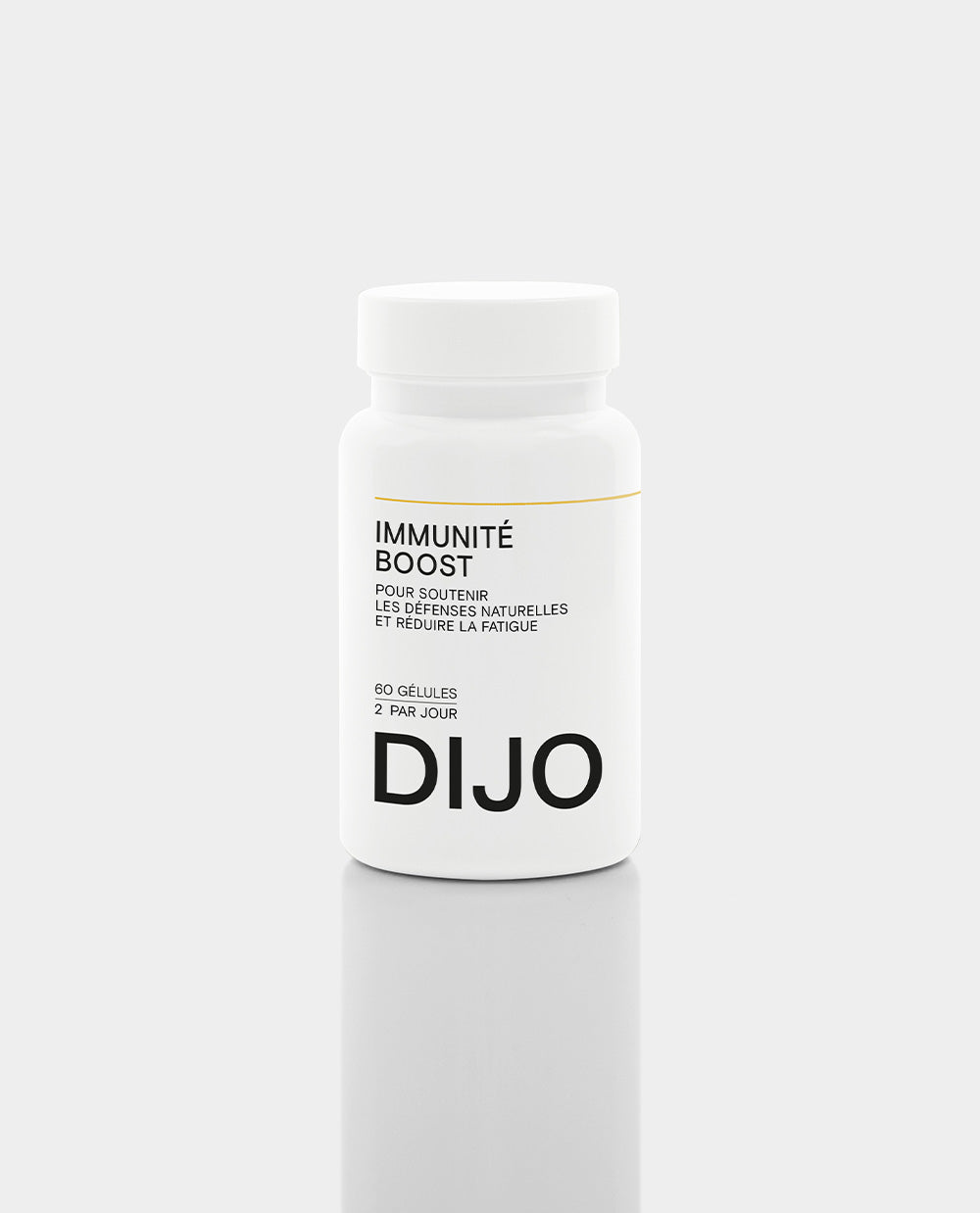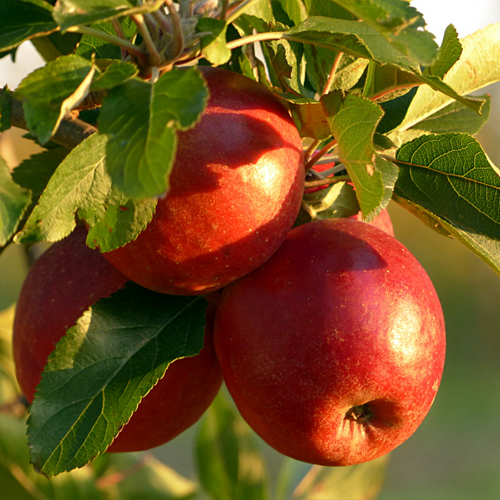Foods and especially nutrients are essential for the proper functioning of the body. They constitute the fuel of our cells and, therefore, of our organs.
Throughout the digestive system, the nutrients contained in food and water will provide the organs with all the elements necessary to function. At the intestinal level, the flora, also called intestinal microbiota , will recover some nutrients in order to nourish the microorganisms present and support digestive and immune functions. This is why following these nutritional tips to take care of your stomach is essential.
What you must remember :
- Staying well hydrated is essential for a healthy body and stomach: 1.5L of water per day
- Promote a balanced and diversified diet with varied foods, adapted to the seasons and from French agriculture
- Add spices to dishes to aid digestion
- Consume enough fiber by providing fruits, vegetables, legumes and (whole) cereals
- Limit the consumption of ultra-processed industrial products with a high concentration of additives to avoid an imbalance in the intestinal flora
Tip #1 – Adopt good hydration for a transit in action
Hydration is the first key to a healthy transit. Indeed, by providing enough water to the body, we allow it to function well and this allows the food bolus to be hydrated and the stools to form correctly. Water is mainly absorbed in the small intestine, as are all nutrients. The excess water found in the colon is absorbed there to support the basic functions of the body but also to dehydrate the stools and form them.
Our nutrition advice: Consume 1.5L to 2L of drinking water daily . To make drinking water easier, you can infuse it with fruits, plants, tea or coffee.
Tip #2 – Diversify and balance your diet
The basis of nutrition is, above all, food. Adopting a balanced and diversified diet is the first line of defense to avoid the occurrence of metabolic, digestive and hormonal disorders.
Dietary balance
Balance is defined by a ratio between foods that are beneficial for the body and meet needs and foods that are less beneficial, associated with a more hedonic aspect (food pleasure). This is why it is important to provide your body with different sources of nutrients: proteins, lipids, carbohydrates, fiber, vitamins and minerals.
Our nutrition advice : break down your meal plates into 3 parts, half representing vegetables, a third composed of proteins (animal or vegetable) and the second third composed of starchy foods (rice, pasta, quinoa, bread).
Food diversification
In order to diversify your diet, it is important to provide different sources of nutrients to allow the microbiota to function optimally.
To do this, vary the sources of protein consumed: animal (meat, fish, egg, cheese) and vegetable (legumes (lentils, beans, soya, beans, etc.) combined with cereals (rice, quinoa, wheat, spelt, etc.) .)). You can also vary the sources of carbohydrates : starchy foods (bread, pasta, rice, quinoa, bulgur, corn, etc.), sugars of all kinds while taking care not to overindulge in their consumption. Likewise, depending on the uses, it is very interesting to vary the sources of added lipids : oils and butter.
Fats for cooking
- Butter
- Sunflower oil
- Olive oil
- Coconut oil
Fats for seasoning
- Olive oil
- Colza oil
- Nut oil
- Linseed oil
However, you should be careful not to consume foods that are too rich in saturated fats, which are difficult to digest. They can impact the microbiota and potentially lead to an increase in intestinal permeability or porosity .
Finally, choosing your seasonal and local fruits and vegetables will also be essential to enable them to be rich in nutrients. Indeed, nature is well done and produces fruits and vegetables rich in nutrients adapted to our needs according to the seasons.
Tip #3 – Enrich your diet with fiber
Fibers are nutrients which do not provide energy to the body, which are not digested but which are used by the microorganisms of our intestinal microbiota. The optimal recommended intake is 30g per day.
Effects of fiber on the body
Fiber has many beneficial effects on the body.
Fibers, some with a prebiotic effect , nourish the microbiota which supports its development and functioning.
Due to its action in balancing the microbiota, fiber has a significant role in regulating digestive transit . Soluble fibers, capable of absorbing nearly 3 times their weight in water in the intestine, form a gel which slows intestinal transit. They should therefore be recommended in cases of diarrhea.
Insoluble fiber can absorb nearly 25 times its weight in water, speeding up transit. They should therefore be recommended in cases of constipation.
Bioavailability is defined by the rate and quantity at which nutrients are absorbed. By forming a gel in the intestine, the fibers will slow down the absorption of nutrients in order to limit the occurrence of post-prandial hyperglycemia.
By limiting the absorption of macronutrients, fiber helps reduce the number of calories ingested and the glycemic index, which leads to less storage. Plus, they are filling.
List of foods rich in fiber
For a healthy stomach, focus on regular consumption of foods rich in fiber:
- Fruits and vegetables of all kinds, the richest of which are apples, red fruits, peas, cabbage, parsnips, etc.
- Legumes : lentils, soybeans, beans, peas
- Cereals (preferably whole): rice, wheat, rye, bulgur, quinoa, oats, barley
- Marine algae
- Oilseeds : almonds with skin, walnuts, hazelnuts, Brazil nuts, cashew nuts, etc.
Our nutrition advice : Eat at least 2 different vegetables per day, raw or cooked/minimally processed, and include legumes in your plates. Likewise, integrate vegetarian meals based on legumes and cereals to vary the pleasures and provide the necessary dose of fiber per day.
Tip #4 – Focus on spices
To enhance your dishes and give a boost to digestion, it is interesting to add spices . Some can be aggressive for the body (chili pepper) while others have real virtues for the digestive system:
- Turmeric : modulation of the level of toxins and intestinal inflammation
- Cumin : reduction of flatulence and stomach pain
- Fennel : promotes detoxification of the body
- Cinnamon : protection of gastric and intestinal functions
- Clove : fights against bloating and stomach aches
- Pepper : stimulates the secretion of gastric juices
Tip #5 – Limit the consumption of ultra-processed products
Ultra-processed products refer to all industrial products which have undergone several transformations, whether chemical or physical. These products are heavily criticized because they often have a fairly long list of ingredients with significant added additives. Consumed in high doses, these products can alter the microbiota by causing inflammation of the intestine and colon which can spread to the body. Indeed, the entry of compounds toxic to the body will alter the intestinal barrier made up of microorganisms, guardians of our health. This can ultimately cause intestinal hyperpermeability , causing various digestive, immune and metabolic disorders.
Our nutrition advice : Avoid consuming this type of product too regularly so as not to overload the body. Looking at ingredient lists can be an indicator of processing that is more or less harmful to the body. You simply need to look at the product package and determine if the list of ingredients is too long (more than 10 ingredients) and if it contains too many unknown names with the presence of codes like EXXX, relating to additives.
Supplement with food supplements
In addition to these dietary advice, an intake of food supplements such as probiotics and prebiotics may be recommended depending on the condition of your stomach and your well-being. Our essential probiotic is the ideal ally to allow you to provide good bacteria to your microbiota in order to contribute to the balance of this flora and support digestive function. Due to its unique concentration and the diversity of strains it contains, our essential probiotic helps to maintain this balance sustainably for long-lasting effectiveness.
Our products based on flavonoids with prebiotic effects, adapted to different problems (skin, weight, immunity), will, for their part, nourish these good bacteria for a more profound action while promoting their development. In addition, their unique formula including nutrients as well as plants allows them to have a more targeted action.
These products are to be taken as part of a healthy lifestyle and cannot replace a varied and balanced diet. It is recommended to respect the indicated daily dose and to keep it out of the reach of young children.
Sources :
[1] Barber, TM, Kabisch, S., Pfeiffer, AFH, & Weickert, MO (2020). The Health Benefits of Dietary Fiber. Nutrients, 12(10), 3209. https://doi.org/10.3390/nu12103209
[2] Laudisi, S.a. (2019). Impact of Food Additives on Gut Homeostasis. doi: https://doi.org/10.3390/nu11102334
[3] Lindseth, M.K. (2018). The Western Diet–Microbiome-Host Interaction and Its Role in Metabolic Disease. doi:10.3390/nu10030365
[4] Arshad, H., Head, J., Jacka, F.N., Lane, M.M., Kivimaki, M., & Akbaraly, T. (2023). Association between ultra-processed foods and recurrence of depressive symptoms: the Whitehall II cohort study. Nutritional neuroscience, 1–13. Advance online publication. https://doi.org/10.1080/1028415X.2022.2157927

























